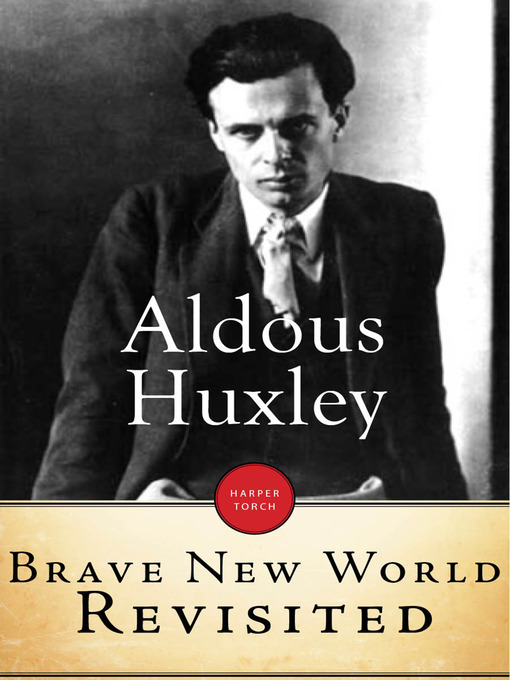

Wells, including A Modern Utopia (1905) and Men Like Gods (1923). Huxley said that Brave New World was inspired by the utopian novels of H. Brave New World was Huxley's fifth novel and first dystopian work. He was a contributor to Vanity Fair and Vogue magazines, and had published a collection of his poetry ( The Burning Wheel, 1916) and four successful satirical novels: Crome Yellow (1921), Antic Hay (1923), Those Barren Leaves (1925), and Point Counter Point (1928). By this time, Huxley had already established himself as a writer and social satirist. Huxley wrote Brave New World in his house in Sanary-sur-Mer, France in the four months from May to August 1931. Translations of the title often allude to similar expressions used in domestic works of literature in an attempt to capture the same irony: the French edition of the work is entitled Le Meilleur des mondes ( The Best of All Worlds), an allusion to an expression used by the philosopher Gottfried Leibniz and satirised in Candide, Ou l'Optimisme by Voltaire (1759). Huxley employs the same irony when the "savage" John refers to what he sees as a "brave new world." However, what she is actually observing is not men acting in a refined or civilized manner, but rather representatives of the worst of humanity, who betrayed or tried to betray their brothers or leaders to get ahead.

When she sees other people for the first time, she is overcome with excitement, and utters, among other praise, the famous line above. This line itself is ironic Miranda was raised for most of her life on an isolated island, and the only people she ever knew were her father and his servants, an enslaved savage, and spirits, notably Ariel.

William Shakespeare, The Tempest, Act V, Scene I, ll. In 2003, Robert McCrum writing for The Observer included Brave New World chronologically at number 53 in "the top 100 greatest novels of all time", and the novel was listed at number 87 on the BBC's survey The Big Read. In 1999, the Modern Library ranked Brave New World fifth on its list of the 100 best English-language novels of the 20th century. Huxley answered this book with a reassessment in an essay, Brave New World Revisited (1958), and with Island (1962), his final novel. Set in London of AD 2540 (632 A.F.-"After Ford"-in the book), the novel anticipates developments in reproductive technology, sleep-learning, psychological manipulation, and classical conditioning that combine profoundly to change society. Brave New World is a novel written in 1931 by Aldous Huxley and published in 1932.


 0 kommentar(er)
0 kommentar(er)
